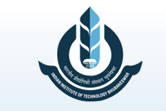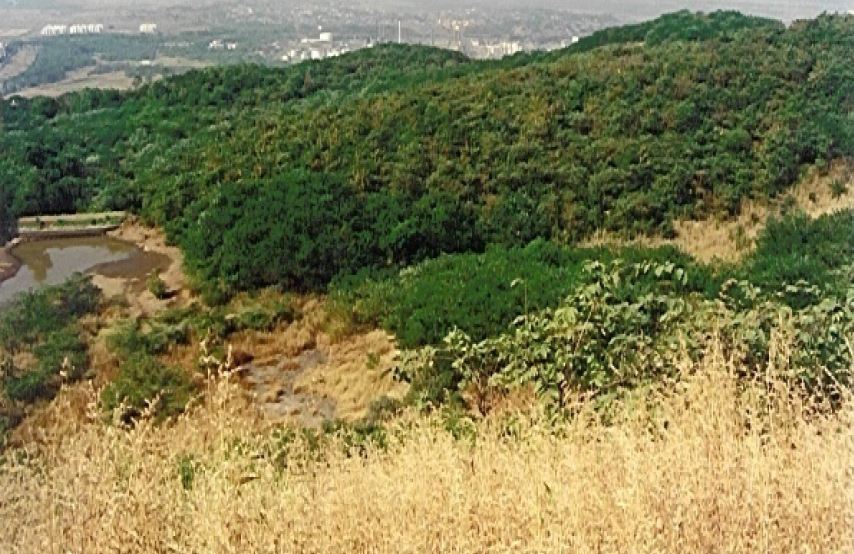/topics/sustainability
Sustainability
Master Class on changes in Foreign Contribution Regulation Act (FRCA) 2010, South Asian Fund Raising Group, April 17, 2012, India Habitat Centre, New Delhi
Posted on 10 Apr, 2012 03:15 PMOrganiser: South Asian Fund Raising Group (SAFRG)
Venue: Willow Hall,
India Habitat Centre,
New Delhi

SAFRG is a not-for-profit think tank on 'sustainability of NGO sector in South Asia and beyond'. It creates platforms that promote dialogue and advocacy on the subject. Thousands of NGOs in the region have benefited from SAFRG's capacity building programmes since 1989. SAFRG also conducts and promotes research beneficial to the non-profit sector.
Climate change and water sources: Strengthening community preparedness and water use regulations hold the key
Posted on 10 Apr, 2012 10:34 AMAuthor : Neelima Garg
Scientific and technological approaches for sustainable use of water resources: Summary of the Global Indian Scientists and Technocrats Forum convention held at Pune, in December 2010
Posted on 09 Apr, 2012 11:17 PMThe sessions were as follows:
Water law in a globalised world - Philippe Cullet discusses the need for creating a new framework
Posted on 09 Apr, 2012 11:09 PM1. Introduction
The return of the earthworm: Association for India's Development's (AID-JHU) practicing organic farming in the Sunderbans
Posted on 08 Apr, 2012 10:51 PMArticle and Video Courtesy : Association for India's Development - Johns Hopkins University
Author : Nishikant
National workshop on "Environmental Impact Assessment: Issues, Challenges, and Policy Implications in India", HSS&M, June 9-10, 2012, IIT Bhubaneswar
Posted on 06 Apr, 2012 08:27 PMOrganizers: School of Humanities, Social Sciences & Management (HSS&M)
Venue: Indian Institute of Technology Bhubaneswar (IITBBS)
Institute auditorium, Samantapuri,
Samantapuri, Bhubaneswar-751013

Description:
HSS&M of IITBBS is organizing a Workshop on "Environmental Impact Assessment: Issues, Challenges, and Policy Implications in India” (EIA-2012) during June 9-10, 2012. We look forward to your participation and support in making this workshop a success.
Government of Rajasthan prepares a working draft of a rural sanitation and hygiene strategy (2012 2022)
Posted on 04 Apr, 2012 09:46 PMAlthough significant progress has been made in terms of individual household toilet coverage in the state, usage by the population is still low at 12.9 per cent (DLHS 2007-08). Access to toilets for schools and angawandies has seen a marked increased but rural solid and liquid waste management has seen little or no attention.
Water Scarcity and Security in India
Posted on 03 Apr, 2012 03:43 PM Water is life because plants and animals cannot l
Water is life because plants and animals cannot l
Corporatising water: India's draft National Water Policy - A document published by the Institute for Agriculture and Trade Policy
Posted on 21 Mar, 2012 12:17 PMThe document argues that the latest example of this is India’s Draft National Water Policy (NWP) circulated by the Ministry of Water Resources. At first glance, it appears as if the policy has been taking a holistic approach to water resources management, with a clear recognition of India’s water woes.
Soil endowments, production technologies and missing women in India - A World Bank working paper
Posted on 19 Mar, 2012 03:08 PMThe paper argues that in India, where 72 percent of the population is rural, there is a significant and important association between the geographical variation in exogenous soil texture and rural infant sex ratios. In agriculture, the depth of land and seedbed preparation are exogenously determined by the soil texture.





